
ELIZABETH O’CONNOR. A Unique and Inspiring Story
Diagnosed At Age 31, To Her, Every Moment Matters
Written By Julia Brabant
October 2019
Diagnosed: November 2010
Status: Stable As of November 2019
In November, 2020, Elizabeth Will Become a 10-year survivor. An Inspiring Story of Beating the Odds.
Young, vibrant and effervescent, Elizabeth O’Connor may not seem like the “typical” pancreatic cancer patient, but the approach she’s taken to fighting the disease has proven to be anything but typical, too.
Unlike many people who learn of their devastating diagnoses later in life, Elizabeth was just 31 years of age and a married mother of two when she initially learned of her condition. Unlike her first pregnancy with daughter Abigail, which was as seamless and comfortable as a pregnancy can be, Elizabeth’s second pregnancy brought with it substantial discomfort and complications, and her son, Andrew, ultimately ended up entering the world six weeks early.
Prior to giving birth for the second time, Elizabeth’s doctors had identified large cysts on her ovaries that they considered cause for concern, and following treatment for a blood clot and two diagnostic procedures, she received news that no young mother in her 30s expects to hear: she had Stage 4 pancreatic cancer, and it would likely claim her life in a matter of months.
“I felt doomed,” she said. “I’d sit there and picture my children and my husband, and them moving on…and that hurt.”
Her husband, too, expressed the devastation he felt upon hearing of his wife’s diagnosis. “I was in disbelief,” said Elizabeth’s husband, Patrick. “I mean, 31 years old!? It’s impossible, you know?”
Statistically speaking, the average age at which a patient receives a pancreatic cancer diagnosis is 70, so Elizabeth fell into a small category of patients who experienced an early-onset form of the disease. Statistics also show that only one out of every six people diagnosed with Stage 4 pancreatic cancer survives a full year. Elizabeth’s doctors, fearing that there was little they could do to prolong her life, told her they could begin chemotherapy to keep her comfortable in the months to come, but that there was not much they could do to help her beyond that.
Staying comfortable for the few months she may have remaining simply wasn’t going to suffice for Elizabeth or her family, though, and their first sign of real, tangible hope came from a visit with Atlanta, Georgia-based Oncologist Daniel Dubovsky.
“No one holds a crystal ball for your life,” she recalls the doctor telling her before recommending she travel to Scottsdale, Arizona, to meet Dr. Daniel Von Hoff, one of the world’s leading pancreatic cancer researchers and the brains behind several groundbreaking pancreatic cancer clinical trials. Upon doing so, the doctor adjusted her chemotherapy regimen to maximize its effectiveness, and he also directed her toward Milwaukee, Wisconsin-based Surgeon Douglas Evans, M.D., who would go on to remove about 75% of her pancreas.
Following about 30 months of intensive chemotherapy, surgery and surgical recovery, Elizabeth’s doctors declared her condition “stable” in 2013. She and her family’s joy was short-lived, however, and the year to come brought painful spasms that ultimately revealed her worst fears: Her cancer had not only returned, but metastasized, and she’d need to undergo lung and brain surgery to remove what remained.
Over the course of the next few months, she had lung surgery, brain surgery and brain radiation, and by February of 2015, she began taking an experimental drug called Lynparza that had proven effective in the treatment of ovarian cancer. The results appeared promising, but in May of 2018, Elizabeth suffered a seizure, and a subsequent biopsy revealed pancreatic cancer in her brain. She began taking a combination of oral chemotherapy drugs, but she soon found out that her pharmacy had been giving her the wrong dosage of them. While some of her physicians thought another biopsy was in order, Dr. Von Hoff instead chose to treat her using BGB-290, a PARP inhibitor not yet available on the American market. Subsequent MRI scans revealed that her condition had stabilized, and she credits her team of doctors with her improved condition as well as her friends and family, who refused to let her quit.
“It’s amazing to me – I used to be fearful and anxious anytime I had to travel to Arizona to get scans,” Elizabeth said, noting that, rather than rattle off statistics and sobering prognoses, Dr. Von Hoff always had something new up his sleeve. “Now, I feel excited, because I know he’s always working to come up with a new way to fight this disease.”
Elizabeth and her expansive network of friends, family members and supporters are also doing their part in the fight against pancreatic cancer. Her parents, Randy and Judy Dobbs and her husband Patrick, have become staunch advocates for the cause, devoting considerable time and manpower to the Seena Magowitz Foundation and other organizations working toward finding a cure. Elizabeth and her husband, Patrick, also lend support to a wide range of pancreatic cancer charities and causes, including Purple Pansies, an organization out of their native Georgia that works to encourage early detection of the disease and boost survival rates for those affected.
Elizabeth also has some words of wisdom for other young parents and patients dealing with pancreatic cancer diagnoses. “Find a doctor who won’t give you a death sentence,” she said, noting that she had never seen a doctor as dedicated to finding a cure as Dr. Von Hoff. “The biggest thing I worried about was visiting the oncologist and finding out that I had only so much time left to live. You cannot underestimate the value of finding a doctor who fills you with hope.”
Elizabeth also stressed the importance of having a team of doctors that would collaborate, rather than compete, with one another, and acknowledged the importance of taking life one day at a time and focusing her energy on today, rather than tomorrow. “You look at life a lot differently after a devastating diagnosis,” she said. “You cherish everything so much more.”
Elizabeth also acknowledged the difficulty that often comes with diagnosing pancreatic cancer, because the condition frequently goes undetected until it has progressed enough to produce noticeable symptoms.
How Does This Happen To Someone So Young?
Elizabeth has discovered she has an inherited genetic mutation called PALB2, which makes her more susceptible to certain types of cancer, including pancreatic. “The doctor told me the disease may have started growing in me when I was 11 or 12,” she said.
Read More About The PALB2 Gene
In November, 2020, Elizabeth Will have defied all odds to become a 10-year pancreatic cancer survivor. “If I hadn’t been pregnant with my son Andres, they may not have found my cancer until it was too late,” she said. ” I tell Dr. Von Hoff all the time he’s my angel.

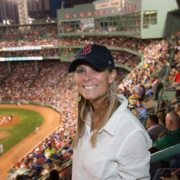

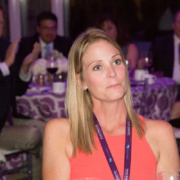
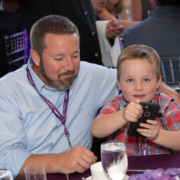
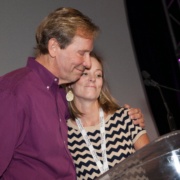
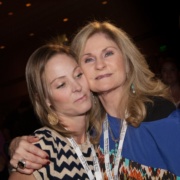
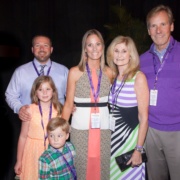
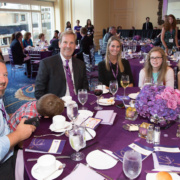

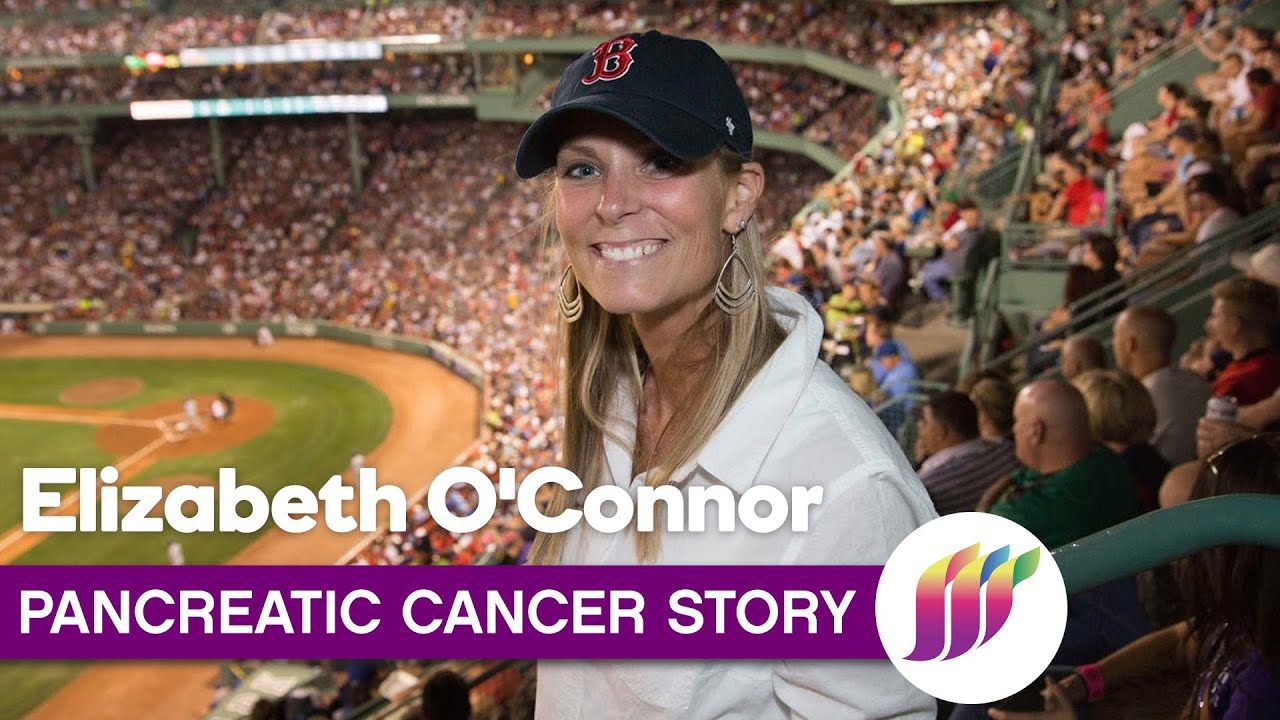
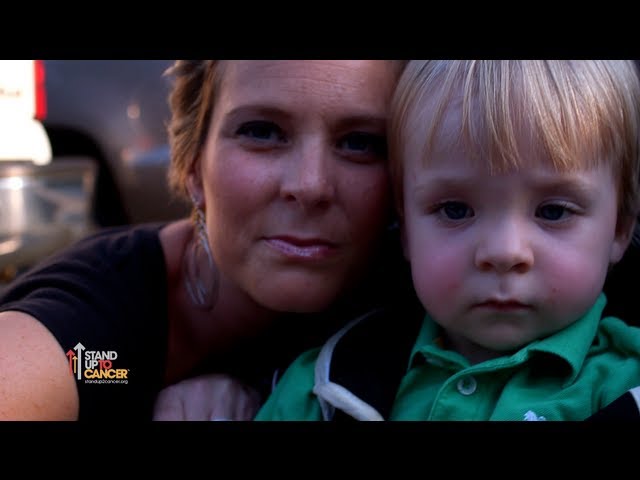
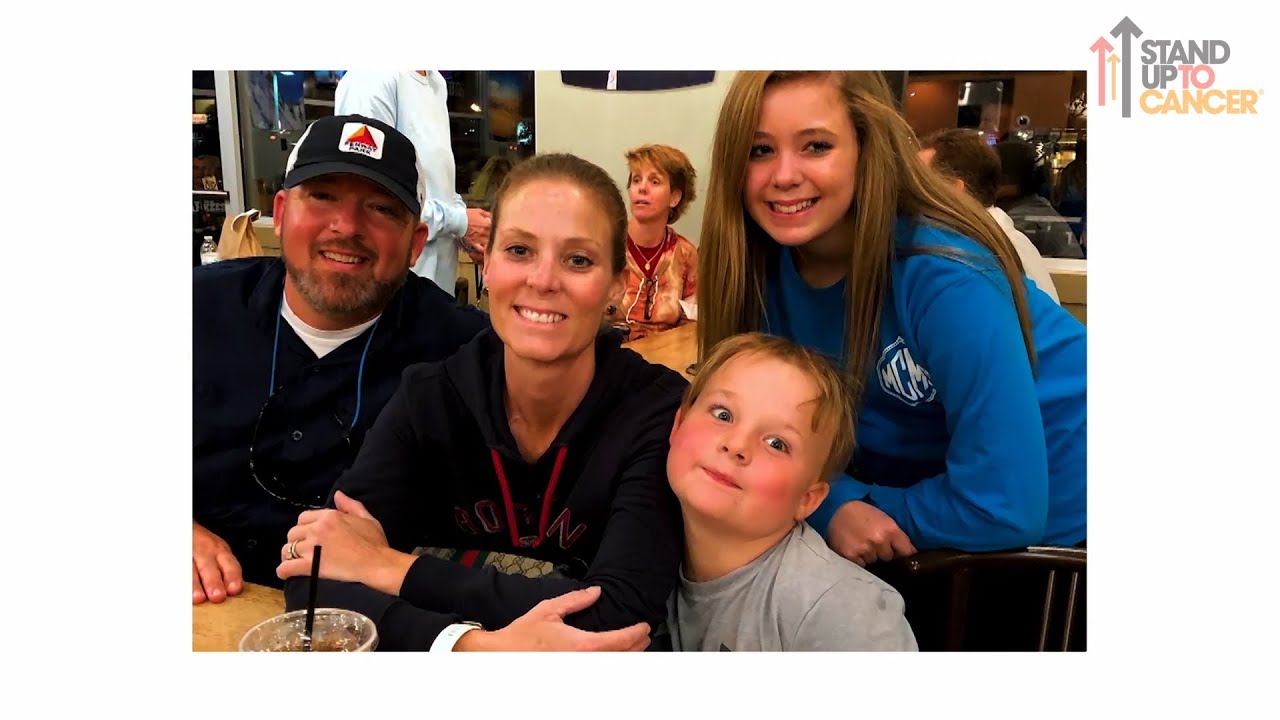


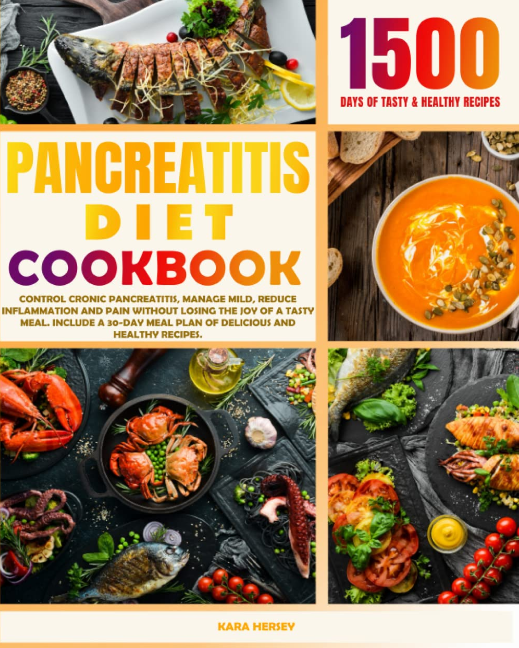
You are a wonderful example of tenacity and encouragement
Great achievement, Elizabeth. May I know what kind of immunotherapy you received in 2020?
So happy to read this article about you. I myself have Stage 4 Pancreatic Cancer, will be 5 years in March. Wanted to know what treatments you had? What type of Chemotherapy, Immunotherapy and Targeted Therapy
Can’t wait to hear from you. Thank you for your words of encouragement.
My Daughter is #! Years old and 2 week ago she was diagnosed with stage 4 cancer from the pancreas and now in leaver and stomach and has metastasis. In Canada there not giving her much hope how long before yours was discovered and you started treatment
Thank you
Thank you
I’m praying
Need miracle